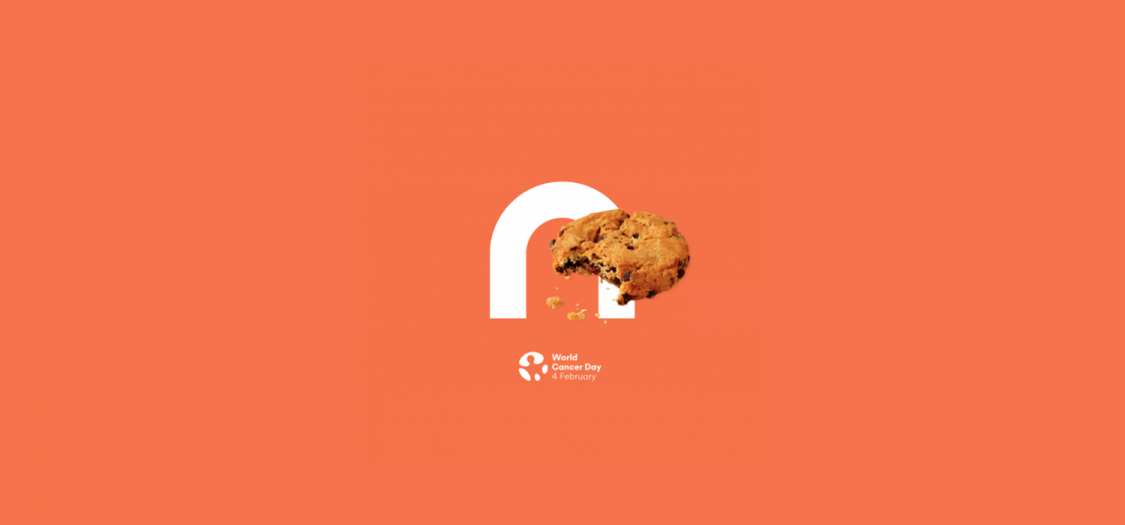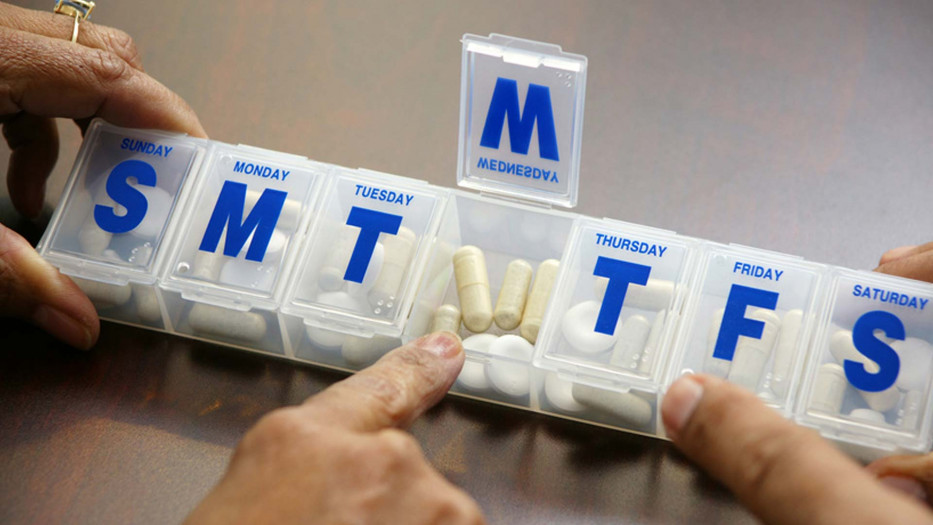

Monday 21 January 2019,
by Andy Stafford
Two years ago I stopped using Facebook, reduced my usage of Twitter and focused more on LinkedIn. The truth is that using social media didn’t make me feel good. At all. My views polarised, the pressure to contribute made me anxious, and scrolling felt like the complete opposite of time well spent. But, I continued to advocate social media and, more importantly, the good that it can do for clients and their users. I even advocate it when talking at events. Digital and social media is a force for good and bad, I believe.
We need to talk about mental health and digital, which is increasingly linked to mental health challenges, and more men under 49 die in the U.K. from suicide than any other cause. Much of this could be prevented if mental health was less stigmatised, and as a society, we were more open to talking about stress, anxiety, depression, and not see it as a weakness on the part of the individual. Mental health (rather than mental illness), is something we need to see more like diabetes, heart disease, and any other ‘physical’ disease. It can happen as a consequence of modern existence. It’s not the person’s ‘fault’, and for the most part, we don’t judge the individual as a result of the physical illness that they have acquired. Equally the individual with mental health challenges should not be judged.
Is Digital Affecting our mental health?
There is no doubt in my mind that anyone looking for health innovations- and by innovations, I don’t mean new stuff, I mean genuine improvements on what went before– will almost inevitably involve technology. Technology has an awesome ability to help, save, connect, and improve lives in ever more amazing ways. I think this is beyond doubt, but we should not seek to use it to replace face to face, the real, the tangible, the physical. Rather, it should be complementary, used sparingly and always for the real benefit of the individual, or individuals, not the brand or provider.
Digital, online, and especially social media, poses health risks all of its own that we need to be cognisant of. From the direct effects to the indirect and more pernicious, digital changes the way that we have interacted with people and the world, so it’s useful to list some of the ways that this is the case as we consider how to achieve better mental health. Here are some that I think are relevant to this discussion;
I think we know when we have spent unfulfilling time online, and we recognise unconsciously (if not consciously) that our brains have been hacked/hijacked to give us what we want, and not what we need. I thought that this was perhaps a challenge and realisation that affected people of working age more, but almost two-thirds of schoolchildren in the U.K., according to a survey last year, ‘would not mind if social media had never been invented’.
A digital agency manifesto?
As we reshape the agency to reflect our collective abilities to more effectively ‘bridge the gap to healthier lives’ through principally digital means, I am fully aware of what a double-edged sword digital, and social media in particular, can be as we spend more time online, looking at screens, unable, or unwilling, to switch off.
So, what can we, as an employer and supplier of digital solutions, do to foster and create better mental health? As people and as an organisation we certainly need to do better, but what guidelines should we create to focus our commitment?
Here is our pledge for helping to foster better mental health in work with digital:
We are all effectively guinea pigs in a massive global experiment with many unknown or undiscovered consequences, so individually I think we all need to take greater responsibility for our own mental health. We can achieve this by being more in tune with what we need and not what we want. By consuming less digital content, by setting boundaries, tuning out at regular intervals, and accepting that we do not need validation from people we don’t know and turning FOMO into JOMO (the Joy of missing out), and work on the messiness of real life and the recognition that it brings. Breathe deeply, or meditate, if you have the inclination or ability.
We should use digital to collapse boundaries of time, space and geography for our benefit, bring people together physically and make us better together, to actively improve health at an individual, societal and global level.
Digital technology and the internet is, after all, an incredible invention which can be used for good and for bad. As the saying, sometimes attributed to Churchill, goes, “We make the tools, and the tools make us”, but we should not sleepwalk in our digital consumption, but consciously use it for good, because especially in these turbulent times, the world would benefit from a little more good.

